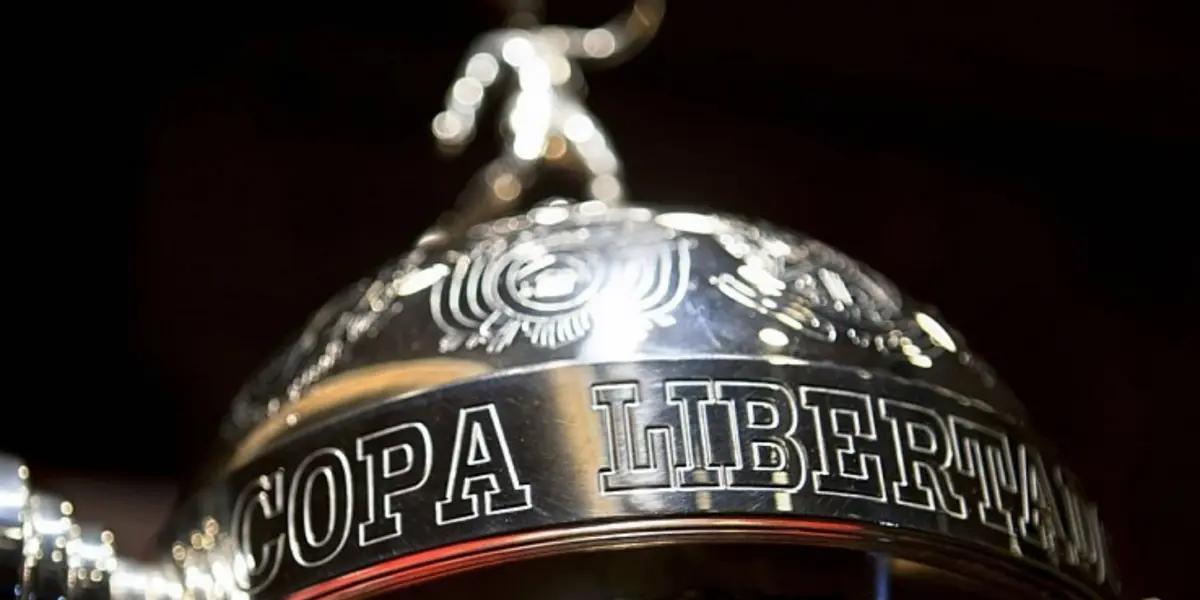In this article, we delve into the deep-rooted cultural significance of the Copa Libertadores da América in South America. This prestigious football tournament holds immense importance not only in the realm of sports but also in shaping cultural identities across the continent.
Define the Copa Libertadores da América
The Copa Libertadores da América, often referred to simply as Copa Libertadores, is the premier club football competition in South America. Founded in 1960, it is organized by CONMEBOL, the governing body for football in South America. The tournament brings together top clubs from across the continent to compete for the title of South American champions.
Relevance and Importance
The Copa Libertadores holds significant importance in the sporting world as it showcases the best talent from South American football clubs. It serves as a platform for clubs to demonstrate their skills and compete at an international level, garnering attention from fans, scouts, and media worldwide.
History and Evolution
Origins of the Copa Libertadores
The idea of a continental club competition in South America was first proposed in the 1940s but came to fruition in 1960 with the inaugural Copa Libertadores tournament. The competition was inspired by Europe’s UEFA Champions League and aimed to elevate South American club football to a global stage.
Growth and Expansion
Over the years, the Copa Libertadores has grown in stature and popularity. The tournament expanded to include more teams from additional countries, reflecting the rich diversity of football talent in South America. It has become a symbol of unity and competition among nations.
Cultural Impact
Passion and Fanaticism
One of the most notable cultural impacts of the Copa Libertadores is the passionate support it garners from fans across South America. Football is deeply ingrained in the cultural fabric of the continent, and the Copa Libertadores evokes intense emotions, fierce rivalries, and unwavering loyalty among supporters.
Identity and Pride
For many South American clubs and their fans, success in the Copa Libertadores represents more than just sporting achievement—it symbolizes cultural identity and national pride. Winning the tournament is a source of immense joy and celebration, strengthening the bond between clubs and their communities.
Key Moments and Legends
Iconic Matches
The Copa Libertadores has witnessed numerous iconic matches that have left a lasting impact on football history. From thrilling comebacks to intense finals, these matches have become legendary tales passed down through generations of football enthusiasts.
Legendary Players
The tournament has been graced by legendary players who have etched their names in football folklore. From Pelé and Diego Maradona to Lionel Messi and Neymar, the Copa Libertadores has been a stage for the world’s best to showcase their skills and leave an indelible mark on the sport.
Economic and Social Impact
Economic Boost
Hosting or participating in the Copa Libertadores can have significant economic benefits for clubs and host cities. The influx of tourists, media coverage, sponsorship deals, and ticket sales contribute to local economies and promote tourism.
Social Cohesion
The tournament fosters social cohesion by bringing communities together in support of their local teams. It promotes unity and camaraderie among fans, transcending social and cultural barriers.
Challenges and Future Outlook
Competitive Balance
One challenge facing the Copa Libertadores is maintaining competitive balance amid disparities in resources and infrastructure among clubs. Efforts are underway to address these issues and ensure fair competition.
Global Recognition
The Copa Libertadores continues to gain global recognition and attract audiences beyond South America. Enhanced marketing strategies, media coverage, and digital platforms are expanding the tournament’s reach and relevance worldwide.
Conclusion
The Copa Libertadores da América stands as a testament to the rich footballing heritage and cultural significance of South America. It embodies the passion, pride, and unity that define the continent’s love affair with the beautiful game. As the tournament continues to evolve and captivate audiences, its legacy as a cultural icon remains unwavering.
